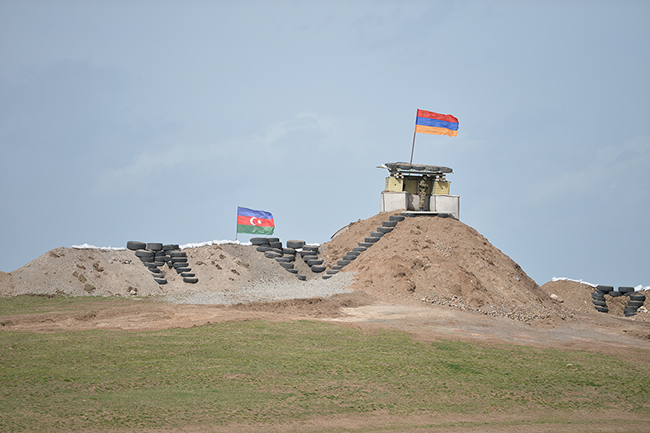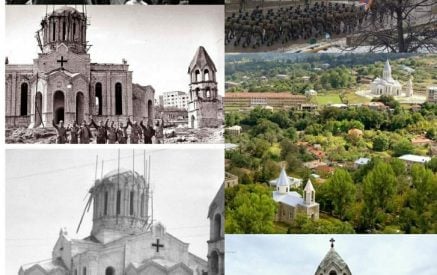Recently, the famous British journalist Thomas de Waal gave an interview to the Russian “Kommersant” newspaper, in which he expressed the following idea: “Almost the same result as the parties received with the tripartite statement of November 9, 2020, they could have received without war.” Probably, the journalist means that, in particular, Armenia could have reached “almost the same” situation without sacrificing 3,700 people. For my part, the Prime Minister did not do that because he did not want people to say “Nikol is a traitor.”
But from a purely methodological point of view, I will only partially agree with de Waal. First of all, “historical reconstruction” (“what if …”) is sometimes a useful exercise, but it is not possible to ensure 100% results here. What would happen if Azerbaijan agreed to the Kazan document in 2011 and implemented it in the following years? What if Ter-Petrossian’s 1997 plan was implemented? It is clear that people with different political positions will give different answers to these questions. In any case, no published settlement plan states that Armenian forces must withdraw from Shushi and Hadrut. So what Thomas de Waal says “almost” has purely physical dimensions, which in fact are very large for us Armenians.
But let’s continue the experiment and assume that “almost” is equal to zero. Can anyone say that the negotiated result and the result of the defeat in the war are politically the same? Political science seems to say that they are different. In case of a negotiated result, a certain status is registered, which is fixed in international instances. In this case, you are an entity that has made a decision and is in control of its decision both internally and externally. In case of defeat, as we see, nothing is recorded (the tripartite declaration is not an international agreement) and the winner has the opportunity to continue the pressure on the loser to extort new concessions.
The story of the Goris-Kapan road is one example. On September 15, 2021, the Prime Minister of Armenia announced from the NA podium, “In December 2020, an agreement was reached that this road (meaning the Goris-Kapan road – AA) should be used freely for the transit of RA vehicles and cargo.” But this “agreement,” which, apparently, was reached with the support of the Russian side, turns out to be not worth a penny. Why? Because it is not a negotiated result. Yesterday, they verbally agreed to open it, and today, they verbally informed us that they are closing it.
Read also
Now, just two months after that announcement in the National Assembly, Pashinyan uses the terms “Azerbaijani territory” and “Armenian-Azerbaijani territory.” But this is determined not by some document, but by the compulsion of the winner of the war.
Aram Abrahamyan
























































